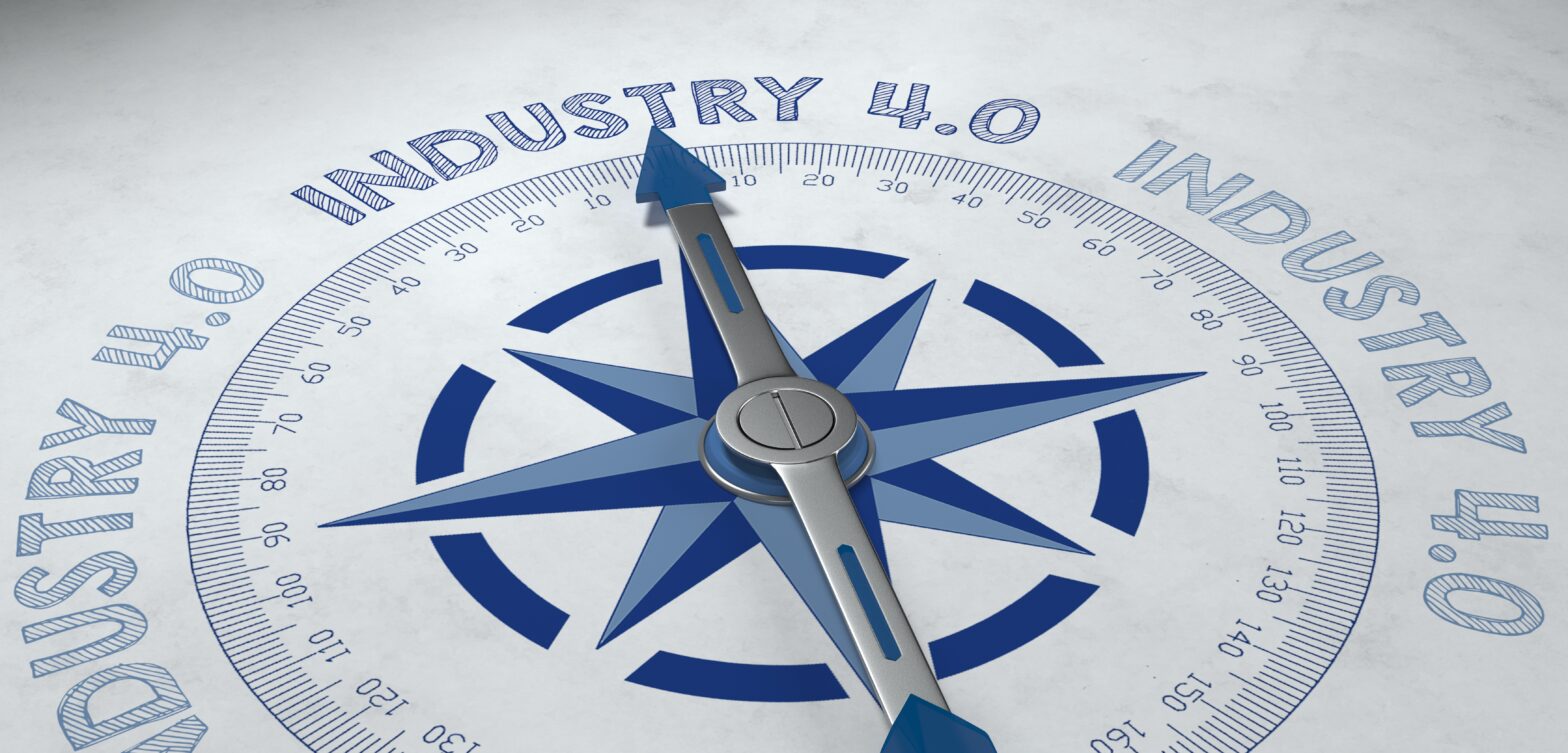Worldwide the critical question is becoming: what is the future of work in an era of rapid technology development?
The human race is embarking on the so called fourth industrial revolution, heralding an era where smart technologies will transform every aspect of our lives.
Already faceless robots undertake repetitive manufacturing tasks, and smart applications determine our mortgage suitability, help navigate ships across our oceans, and allow us to run our lives from our mobile phones.
The next waves of technological development will see the combination of artificial intelligence (AI), robotics, big data, and cloud services. It’s the combinatorial effect of these technologies that will allow machines to interact with humans by providing services rather than simply delivering data, analysis and decision support.
Arguably the big game changer is Artificial Intelligence. In a narrow sense, this is already used in Internet searches, customer targeting applications, and predictive analytics. But AI has much greater potential. It has the capability to merge into every aspect of our lives. A range of devices in our homes, offices and our pockets will learn more about us and take on more of our tasks. And this automation is set to continue at an accelerating rate.
We’ve identified, in our book The Future of Business, thirty different trillion-dollar industry sectors of the future. We’ve organised these into the following groups:
- Information and communications
- Production and construction systems
- Citizen services and domestic infrastructure
- New societal infrastructure and services
- Transformation of existing sectors such accounting, legal, and financial services
- Energy and environment.
We expect these groups and the underlying sectors to be impacted radically by exponential technology developments. By looking at the list above we can clearly see the significant disruptive potential that technology will bring to emerging sectors and the new players within them.
This is supported by the McKinsey Global Institute, which looked at which technologies will drive the economy of the future. They found that mobile internet, the automation of work knowledge, the Internet of Things, and cloud computing will all be significant creators of new economic value. The Institute also concluded that it would be more than two decades before automation reaches 50 per cent of all of today’s work activities, and that only 5% of jobs can be fully automated by adapting currently demonstrated technology.
The Future of Jobs (2016), a study by The World Economic Forum estimated that 65 per cent of primary school children will work in job types that don’t yet exist. Over three times as many jobs could be lost to disruptive labour market changes by 2020 than are created. The losses will be in routine white-collar office functions but there will be gains in computing, mathematics, architecture, and engineering related fields.
According to a 2013 study on the Future of Employment by Carl Benedikt Frey and Michael Osborne at the Oxford Martin School, the current jobs that are the most vulnerable to automation are: transport and logistics (taxi and delivery drivers), sales and services (cashiers, counter and rental clerks, telemarketers and accountants), and office support (receptionists and security guards). This accounts for about 35 per cent of the UK workforce.
At Fast Future, we believe that 80 per cent or more of current jobs could disappear in the next 20 years. Some tasks will be redesigned to eliminate the need for human input and decision making, other jobs will become wholly obsolete, or fully or partially automated.
In order to mitigate these risks we need a combination of entrepreneurship, education and training.
Our world is changing ever faster. To thrive in the businesses of the future we need to become proficient at developing and working with a new set of survival skills for the 21st century. These skills must include foresight, accelerated learning with a tolerance of uncertainty, curiosity, sense making, scenario thinking, the ability to cope with complexity, and willingness to embrace collaborative working.
Steve Wells, Alexandra Whittington and Rohit Talwar are from Fast Future which publishes books from future thinkers around the world exploring how developments such as AI, robotics and disruptive thinking could impact individuals, society and business and create new trillion-dollar sectors.






